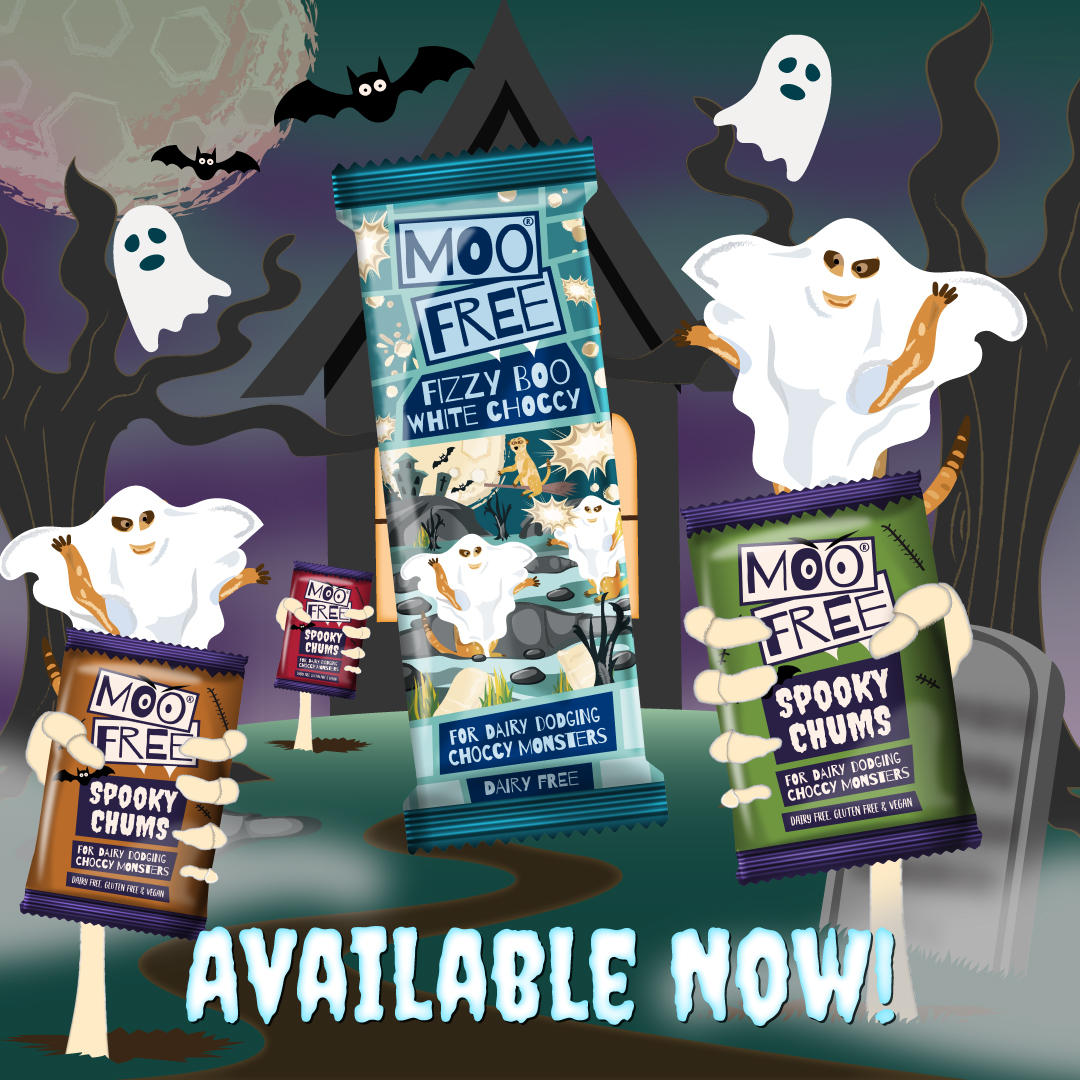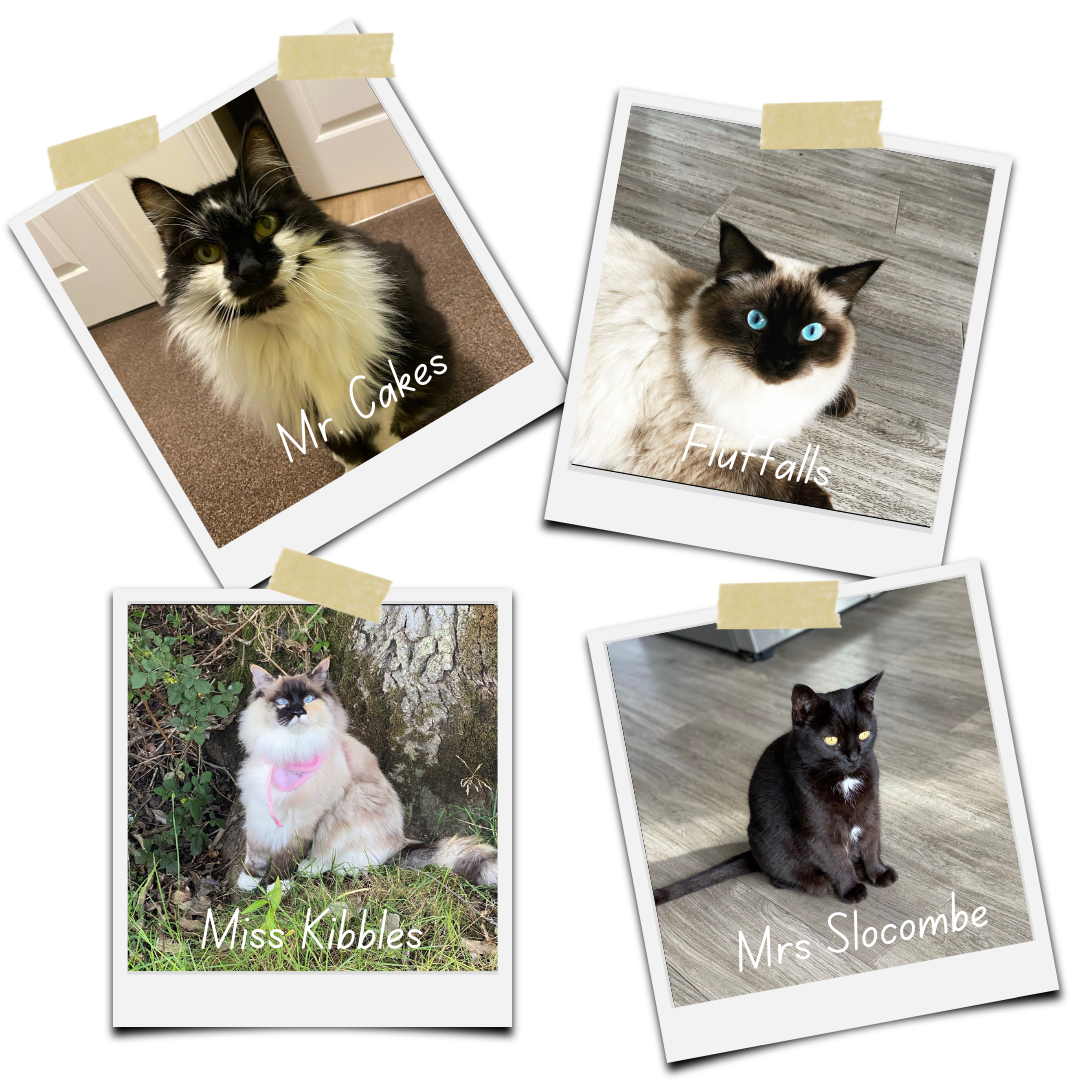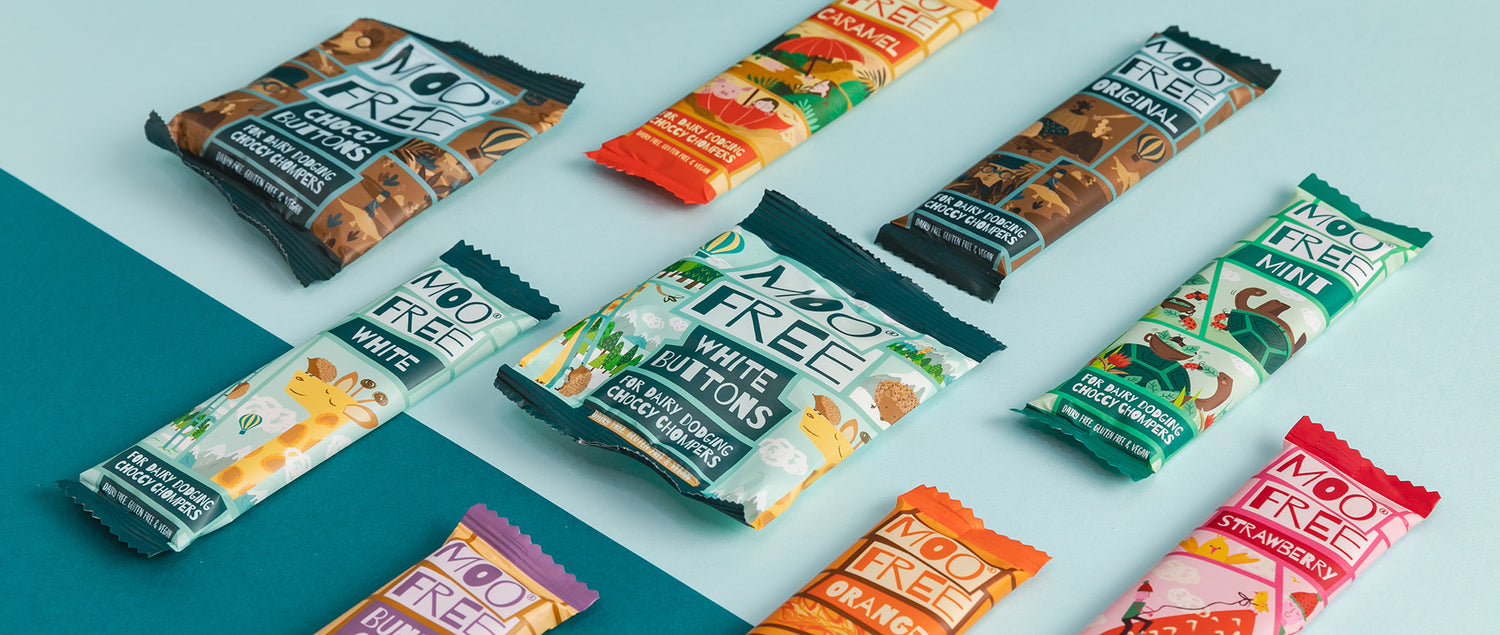We often get comments about our use of plastic and when we will be changing. The problem with the use of plastic is not plastic per se, but single use plastics. We don’t use any single use plastic, all of our packaging, whether plastic or card is recyclable. The inserts that we use in our packaging is made from 100% recycled material.
Chocolate absorbs odours, so if you were to place your chocolate next to a bowl of curry, your chocolate will absorb that curry taste. The same happens with cardboard, if you place chocolate into cardboard (without a wrapper) your chocolate will taste like, well, cardboard. To help prevent the chocolate absorbing the taste of cardboard, you would have to line the card with a barrier, this can help but is not 100% fool proof and then, of course, not only will you have hints of cardboard when you eat your chocolate but the cardboard may no longer be recyclable because of the lining used.
We have looked at alternatives for the flow wrap on our bars, but unfortunately the industry is not currently yet set up to offer these alternatives easily.
There is much confusion over the alternatives: bio-degradable, home compostable and industry compostable, none of these are recyclable and if they get into the recycle chain they can contaminate that batch. Let us have a closer look at these.

Bio-degradable
Bio-degradable breaks down over time, although there is no specific time for this, so it could take several years. When this type of wrapper finally biodegrades it can still leave residue and you end up with small plastic particles. More information can be found in WRAP’s (www.wrap.org.uk) official documentation which advises a cautious approach, stating:
‘The fact that a plastic is described as biodegradable does not mean that it should be freely released into the environment in an uncontrolled manner. The speed, method and nature of biodegradation differs between materials and users should question the behaviour of biodegradable materials before using them in any application.’
To use this as a flow wrap is not a viable option. I have experienced bio-degradable carrier bags; When I kept them amongst other carrier bags they biodegraded and left lots of plastic particles amongst the other carrier bags. The biodegrading process involves microorganisms breaking down the material, merely transforming it into plastic micro particles that are toxic for our planet. These tiny fragments will then make their way into the oceans and end up in the food chain. Remember, bio-degradable is not recyclable and leaves residues of plastic once degraded.
Compostable
Compostable packaging fits into two separate types: home compostable and industrial compostable. Both are designed to compost but in different ways, leaving no toxicity in the soil. Sounds like a great idea doesn’t it?
Unfortunately, the conditions must be very specific; For industrial composting this includes a high temperature of at least 55°C with high humidity and the presence of oxygen. They cannot simply be left on the roadside or thrown away as they will not break down and so will simply add to the plastic waste.
Home composting requires similar conditions and will therefore, only compost in those right conditions. I tried putting a sample we were sent in my home composter; Three months later it still looked the same as when I put it in.
There are currently no regulated standards for testing and certifying these materials and extraordinarily little regulation is in place regarding their disposal. Both biodegradable and compostable are in fact single use as they are not recyclable, and they also require more energy and resources in the production stage and they do not enter that circular loop of recycled plastics.
Our inserts are made with between 90% - 95% recycled PET plastic which comes under category 1 recyclability. All authorities recycle this material and it is the most recycled plastic, so it makes sense to use this material. We are making good use of the plastic that you are placing in your recycled bins. The inserts can be recycled again and again! Not only does this help the environment (as the plastic is not going to landfill) but it also helps environment as it cuts back on the requirement to make new plastic. These are firmly in that recycle and re-use loop.
We flow wrap our chocolate bars in a material called OPP; This is a category 5 recyclable material. Category 5 recycle products are recycled by a few local authorities with pressure on the rest to follow suit. Other category 5 plastics will consist of items such as butter and margarine tubs. If your local authority does not recycle these, you need to put pressure on them to recycle them now. Alternatively these can be recycled via Terracycle who have 286 collection points throughout the UK to collect chocolate wrappers.
PAPER
The alternative flow wrap that we looked at is made from paper and lined with a recyclable material; This lining protects the chocolate flavour for a limited period whilst maintaining the wraps properties that make it recyclable, so you can just put this type of wrapper in your paper recycle bin. Unfortunately, it does not work with our existing machinery. We have also been advised that it does not really work very well for chocolate, we would be putting the integrity of our chocolate at risk. There is leakage in the material, which means the chocolate can become tainted with other odours. As explained in the beginning of this article, chocolate absorbs odours.
My personal concerns with paper-based flow wrap material is it is not a good medium for chocolate, it will shorten the shelf life and possibly let odours taint the product. If everyone turns to this substrate as an alternative, what effect does this have on trees? How many additional trees would need to be cut down to fulfil the demand? There is already a campaign to grow more trees, as trees give out oxygen and absorb carbon dioxide. But did you know when a tree is cut down it releases all the carbon dioxide it has absorbed back into the environment? Experts estimate that 23% of man-made carbon dioxide emissions are because of the loss of forests. This is nearly as much as what vehicles are responsible for in the UK, which currently stands at around 30%. There are no environmental savings in the making of this wrap either. In fact, it is stated that it requires more water to produce this wrap than OPP, so it uses more natural resources.
We often get comments on Facebook and emails asking when we are going to stop using plastic. There is no answer to that, it is not that simple to stop using plastic and use an alternative. There are no viable alternatives to use. It would be great if we could work together to lobby local councils to recycle all plastics. It appears it is more about money than saving the planet, as it takes a lot of wrappers to make it cost effective to recycle. I am sure if they gathered these products over the households in their borough, they would end up with a decent amount to sell. This would also save space in landfill.
I have also seen post about people asking what do they do with packaging that is biodegradable or compostable, where do they put it? In the normal bin? In the council collected compostable bin? Where does it go? If you put something in the compostable bin how would the collector know it is compostable? Would they consider that bin contaminated?
CONCLUSION
Having read this article you can see it is difficult situation. We find ourselves in this position do we stick with the plastic that is 100% recyclable and maintains the integrity of our product or do you change to a product that can cause other environmental issues and affect the quality of our chocolate? Is this really what you would want; something that can cause more harm? To us OPP is the best of a bad bunch. Please remember we do not use single use plastics; we only use recyclable plastic. All councils should recycle these plastics. Together we can recycle.
More Information
If you would like to read further on these issues please check out the links below.
- Understanding Plastic Packaging And The Language We Use To Describe It
- What Is The Environmental Impact Of Paper?
- Compostable, Recyclable & Biodegradable
- An Open Letter To Sir David Attenborough
- Plastic Packaging Ban Could Harm Environment






